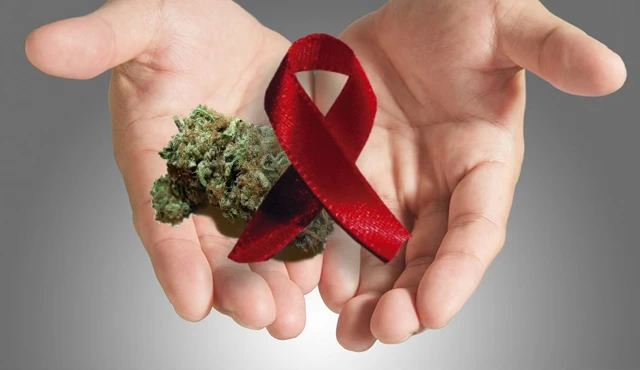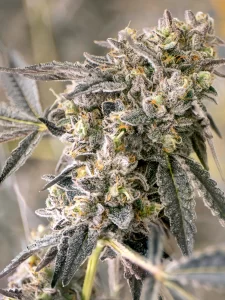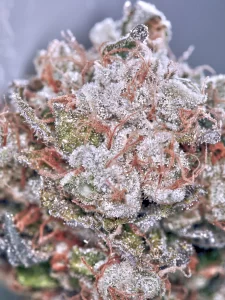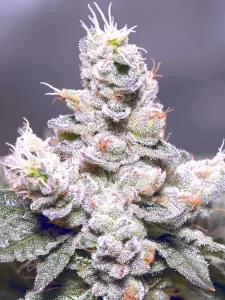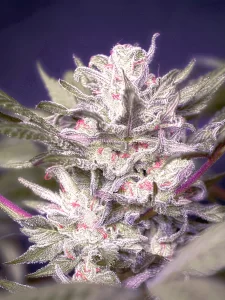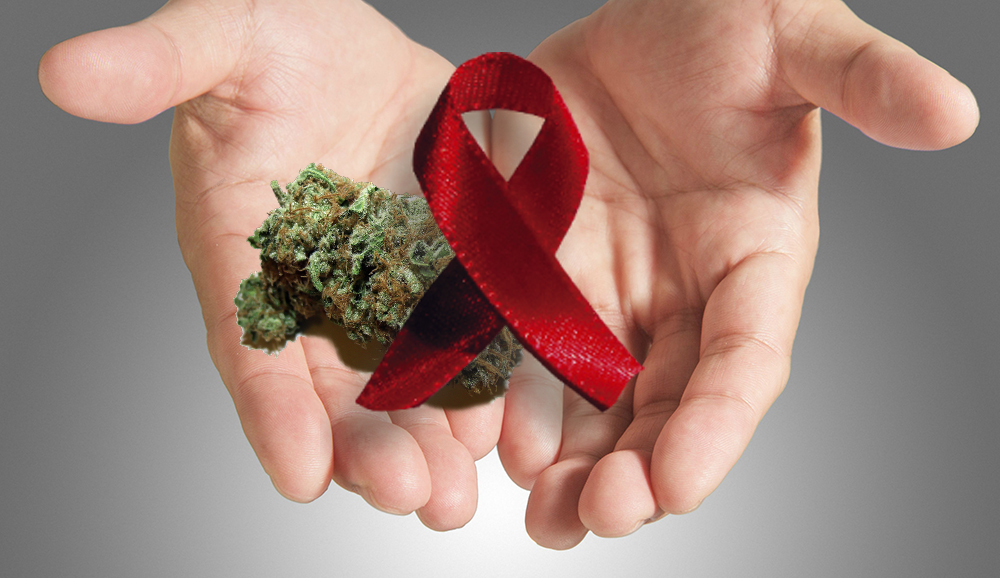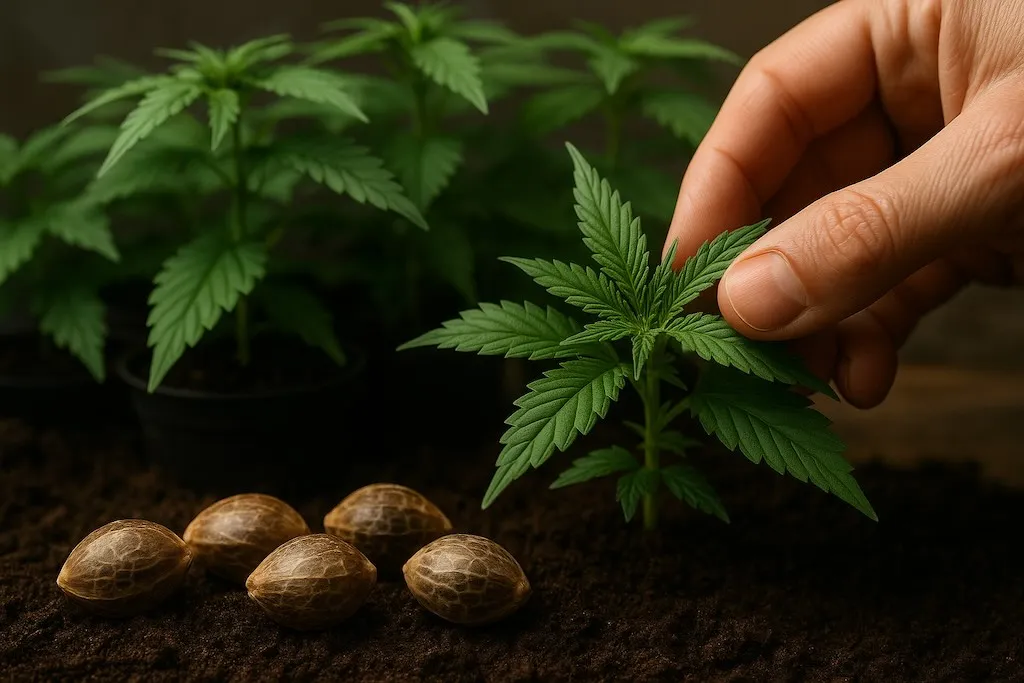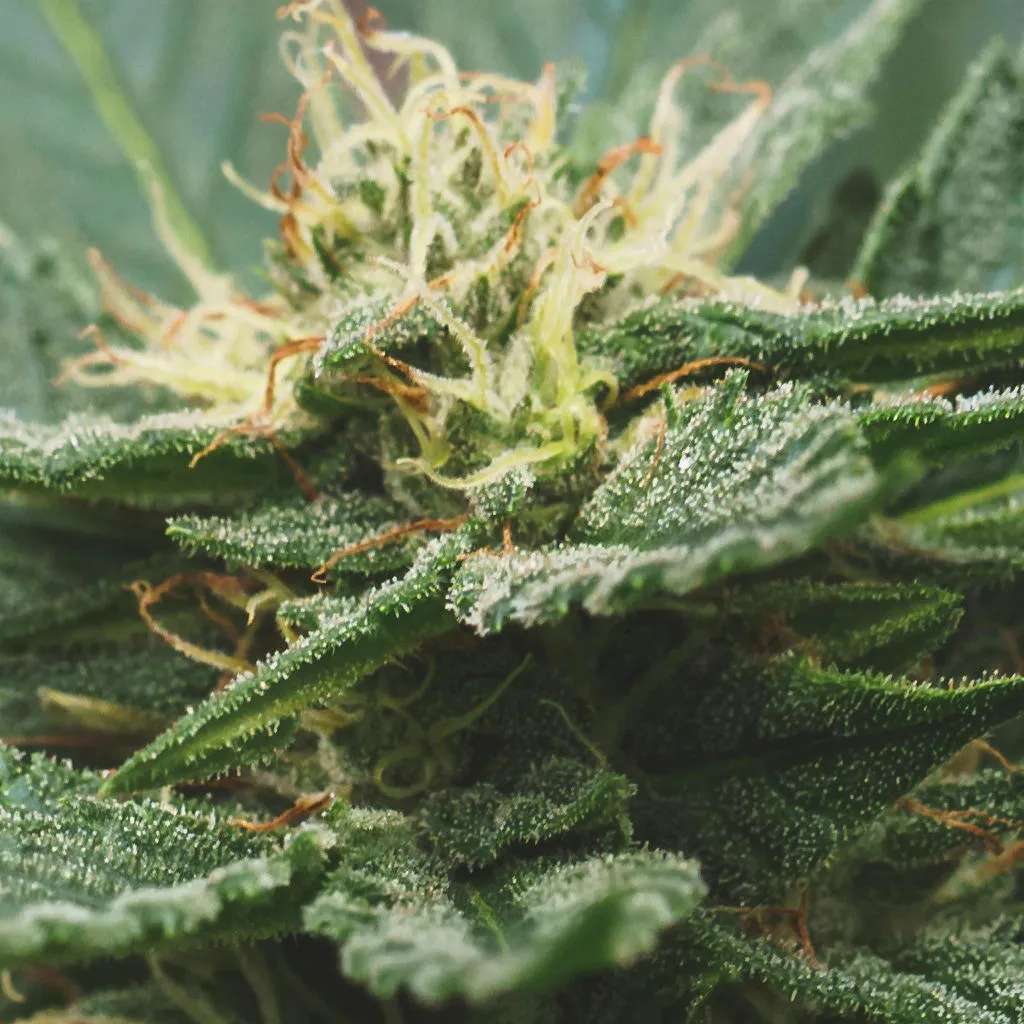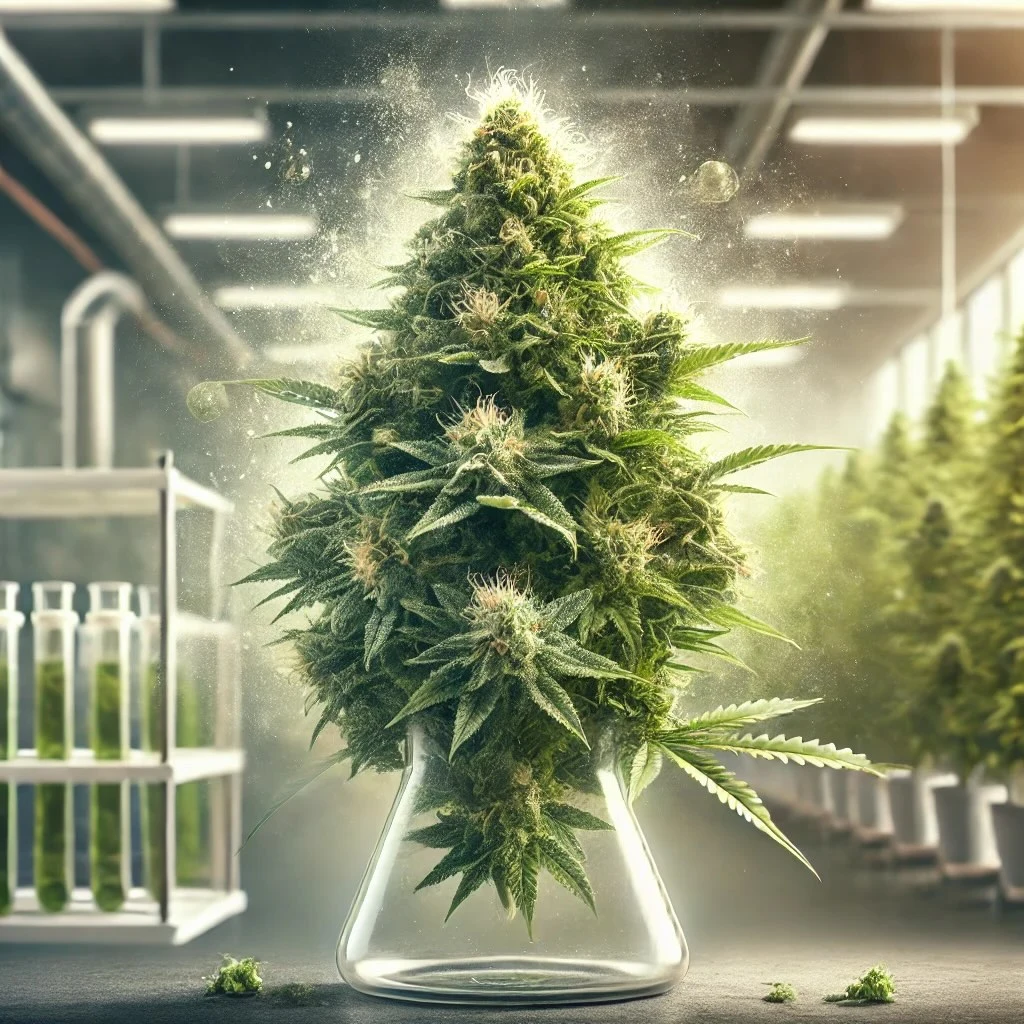People with HIV have long realized that cannabis can ease many HIV-related conditions, including nausea, loss of appetite, depression, weight loss, and neuropathic pain. In addition to treating common symptoms of HIV and side effects of antiretroviral drugs, research indicates that cannabis may help fight HIV itself.
So, If you are an HIV patient who is not completely satisfied with your current medical prescriptions, consider adding some marijuana to your regimen…
Here the top benefits of cannabis for seropositives:
# 1. Cannabis takes away Nausea
Nausea is a common symptom of HIV infection, and as the disease progresses, the causes of the nausea can become increasingly complex. Nausea may arise due to gastrointestinal issues, hepatorenal dysfunction, central nervous system disorders, or as a result of treatments used to treat the disease.
The ability of cannabinoids and certain synthetic analogues to counter the symptoms of nausea in HIV/AIDS patients is well-known. Indeed, the THC analogue dronabinol is approved by the US Food & Drug Administration for the treatment of nausea and appetite loss associated with cancer and HIV.
An early study into the dronabinol as a treatment for AIDS-induced appetite loss was published in 1995, and found that patients experienced an average 20% improvement in nausea.
# 2. Cannabis reduces stress and anxiety
Studies show that the endocannabinoid system – the body’s natural cannabinoid system – plays a major role in regulating anxiety. Cannabinoid receptors – the binding sites of cannabinoids – are highly concentrated in certain parts of the brain that are responsible for anxiety, including the amygdala and hypothalamus.
# 3. Cannabis stimulates appetite and prevents weight loss
An increase in appetite is an effect of marijuana that is highly recognized. People affected with HIV often experience a lack of appetite that stimulates a vicious cycle of fatigue; not eating leads to fatigue, fatigue makes it hard to eat. Marijuana helps stimulate the appetite to avoid this cycle which in turns helps with weight gain.
A 2005 survey conducted on 523 HIV-positive patients found that 143 (27%) of the respondents used cannabis to manage their symptoms; of those, an overwhelming 97% reported that they experienced improvements in appetite.
# 4. Cannabis relieves neuropathic pain
For some HIV patients, their daily regimen includes taking handfuls of pills that they hope will regulate the pain that they have. Many of these prescription drugs include opiates that can be harmful on certain organs in the body. While these prescription drugs may help with some symptoms, they don’t seem to be as helpful as marijuana as a substitute.
Ronald J. Ellis, M.D., Ph.D. is a neuroscience professor at the University of California San Diego School of Medicine. Dr. Ellis looked into 28 patients who were using prescriptions, typically opiates, as pain relief medication and their results. His findings found that there was a 30 percent decrease in pain for those smoking marijuana, instead of those smoking a placebo. When the marijuana was combined with the prescription medication, the benefits for pain reduction were even greater.
Furthermore, the 2005 survey found that 94% of respondents experienced relief from muscle pain as a result of using cannabis; 90% also reported improvement in neuropathy (nerve pain) and 85% in paresthesia (burning, tingling and prickling sensations).
“The fact that cannabis can provide significant long-term subjective relief of chronic pain in HIV/AIDS sufferers is noteworthy; safer and potentially-cheaper medications that could replace use of opioids.”
The fact that cannabis can provide significant long-term subjective relief of chronic pain in HIV/AIDS sufferers is noteworthy; safer and potentially-cheaper medications that could replace use of opioids.
# 5. Cannabis prevents neurocognitive disorders
Neurocognitive disorders are common in people with HIV even in the presence of a strong immune response and suppressed viral load. The virus establishes itself in the central nervous system early on in HIV infection and maintains a stronghold throughout the course of disease. Most antiretroviral medications are unable to cross the blood-brain barrier and thus cannot decrease the level of HIV in the brain, allowing for cognitive damage to continue.
Research conducted at Temple University School of Medicine and published in the Journal of Leukocyte Biology suggests that compounds that stimulate CB2 on macrophages may weaken HIV infection. CB2 is the binding site for cannabinoids on macrophages, and stimulation of these receptors, unlike CB1, does not produce the euphoric effects associated with cannabis use.
Macrophages are long-lived cells that are targeted by HIV and exist throughout the body. They are present in the blood and all organs, including in the brain.Some researchers hypothesize that these cells may be key to ongoing replication that creates inflammation, a damaging effect of overstimulation of the immune system.
Inflammation can greatly contribute to many non-AIDS-related illnesses, such as neurocognitive disorders, cardiovascular disease, bone disease, and some forms of cancer. The study authors found that anti-inflammatory compounds related to THC bind to CB2, effectively reducing viral replication and inflammation in the brain.
# 6. Cannabis eases depression
In small doses, marijuana increases serotonin, similar to SSRI antidepressants. Marijuana’s antidepressant effects are because of its chemical similarity to natural substances in the brain known as endo-cannabinoids. These endo- cannabinoids are released under conditions of high stress or pain. These receptors have a direct effect on the cells producing serotonin, which is a neurotransmitter that regulates the mood.
While marijuana cannot permanently cure all of the problems, it should also be said that marijuana can have positive effects on a persons mood and outlook on things.
In part, these calming effects could be the reasons why marijuana use has been linked to a 10 percent reduction in suicide rates, while also being considered for use in some swiss prisons.
# 7. Cannabis helps to sleep
Many HIV patients have a hard time sleeping due to pain, depression and anxiety. A small dose of marijuana before bed often helps them get a good nights sleep.
Indeed, drowsiness is a known common side effect of marijuana. But what happens after you fall asleep? Interestingly, studies show that cannabis can also affect the different stages of sleep; specifically, slow-wave sleep and REM sleep.
As it turns out, slow-wave sleep and REM sleep are somewhat intertwined. Studies have found that ingestion of THC – the psychoactive compound in marijuana – leads to an increase in slow-wave sleep. An increase in slow-wave sleep leads to a decrease in REM sleep, which explains why marijuana users often experience less dreams.
However, the reduction in REM sleep should be approached with caution, even though research has yet to confirm what exactly REM sleep does. While experts continue to assert that REM sleep must have some sort of positive effect on the body, it is interesting to note that a lack of REM sleep has been found to improve memory and symptoms of depression.
Overall, it appears that medical marijuana may be a viable alternative to traditional sleeping aids. The few side effects associated with marijuana may provide further benefit to patients who react poorly to pharmaceutical treatments.

